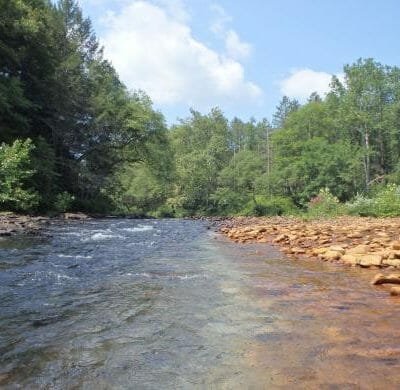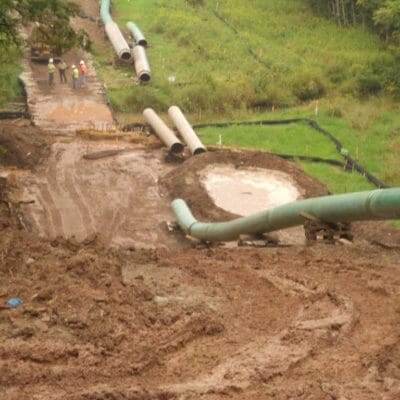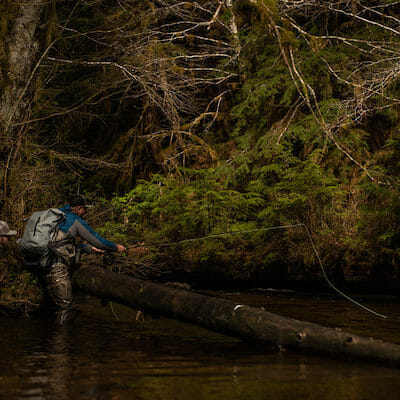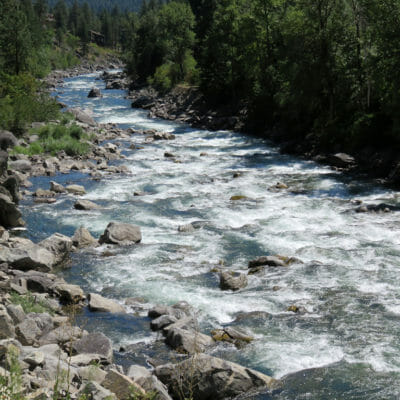Trout Unlimited joined a bipartisan group of partners and lawmakers last week in calling on Congress to provide continued funding for the cleanup of abandoned mines and the legacy pollution of historic coal production. The House Subcommittee for Energy and Mineral Resources met to discuss H.R. 4248, which would reauthorize the Surface Mining Control and Reclamation Act of 1977 and provide ongoing funding through 2036. TU…
Mostly, I felt confident that the U.S. Forest Service would make decisions that benefit, instead of harm, the overall health of fish and wildlife in the Tongass National Forest. That is, until now.
By Corey Fisher While the political climate in Washington, D.C. may seem hyper-partisan, there are some issues that bring people together from across the political spectrum. Earlier this year Congress passed the John D. Dingell, Jr. Conservation, Management, and Recreation Act, a public lands package that established 1.3 million acres of new wilderness, permanently authorized…
by Jenny Weis | October 30, 2019 | Advocacy
Although Alaska Governor Dunleavy’s main target is the Tongass National Forest, where he hopes to revitalize and greatly expand the outdated practice of industrial clear-cut logging of old-growth forest, the Chugach National Forest is also now caught in the crosshairs. (Take action today!)
In central Appalachia, installing natural gas pipelines often involves trenching through wild trout streams by the dozens. Inevitably, that leads to problems. Storms pelt construction sites, sending plumes of sediment into waters. Stream crossing procedures fail. Restoration is not completed. All this puts coldwater resources at risk. Several major new pipelines have been built in…
If you want to catch a very large steelhead in a very small stream, there’s probably no better place on the planet to do so than Southeast Alaska’s Tongass National Forest.
Two bills will move through the Washington legislature this session with the goal of updating the state’s laws protecting its fish and waterways from impacts of suction dredge mining. Though you may see comments from a select few upholding the activity, the science is incredibly clear on negative impacts it causes to our already-stressed fish populations.







